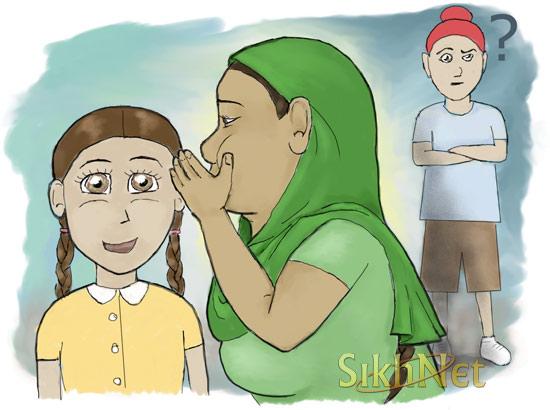Next Journalism [Search results for short story]
Full Rules: 2011 Commonwealth Short Story Competition
Today's Top-paying Writing Jobs, Free Competitions, Paying Markets
Calling All Writers from Botswana: The 2011 Bessie Head Literature Awards for Novel, Short Story, and Poetry
Intwasa Arts Festival 2011 Short Story Contest (Zimbabwe)

Ghanaian Writers Invited to Submit to Short Story Contest
Science Fiction Fantasy Short Story Competition (South Africa)
Read for Read Anthology Writing Competition for East Africa Charity

The $4,000 Ibadan Literature Prize Competition
The SA Writers' College 2011 Annual Short Story Award For Emerging Writers in South Africa
The South African Writers' Circle's Annual Short Story Competition (non-members are eligible)
Christian AIDS Bureau for Southern Africa Essay/ Short Story Competition
The Lit Lounge Short Story Contest from Mahogany Books (an African-American bookstore)
Sikhnet's Sikh-Themed Audio Story Script Writing Competition

INTWASA Zimbabwe Short Story Competition
The 2011 Commonwealth Short Story Competition Opens January 15, 2011
"Stories on Stage" Needs Stories by African Writers
Call for Submissions: Future Lovecraft Anthology
Enter The £10,000 Caine Prize 2011 (for short story by an African writer)
Golden Baobab Prize (for African short story for children, top prize: $1000)
Abuja Writers’ Forum’s Guest Writer Session Presents Sumaila Umaisha and Ifeyinwa Omalicha
